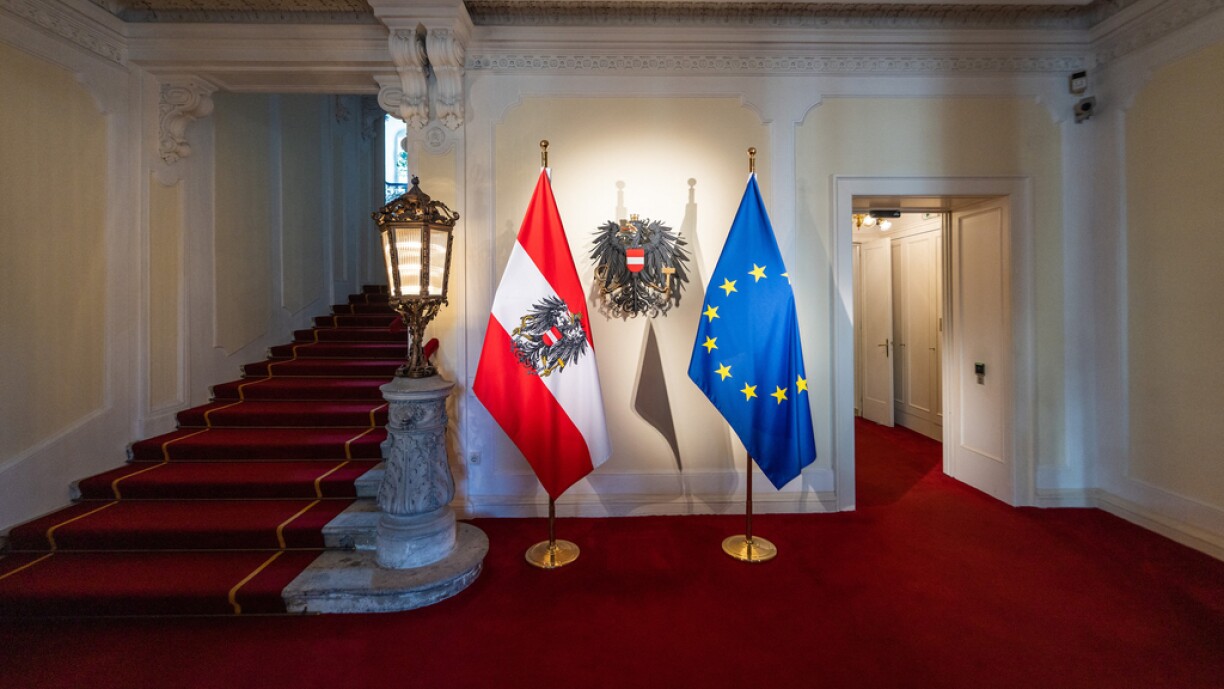
Austria’s ambassador to the European Union, Thomas Oberreiter, has resigned following revelations that he operated a sexually explicit blog under a pseudonym while holding senior diplomatic roles. The Foreign Ministry confirmed his departure on Monday, citing personal reasons, but declined to address the allegations directly.
Oberreiter, 59, served as Austria’s permanent representative to the EU in Brussels since 2023 and was previously ambassador to Luxembourg from 2011 to 2015. He has not responded to media requests for comment, though Austrian outlet Der Standard reports that he disputes the “allegations”.
Investigative reports published last week by Fass ohne Boden revealed that a high-ranking Austrian diplomat maintained an anonymous sadomasochistic blog containing disturbing sexual content, including depictions of violence and psychological domination. The blog, active since at least 2015, featured stylised images and texts linked to an email address compromised in a major data breach – and, crucially, tied to metadata from government devices and ministry offices.
The case raises serious questions about internal oversight at Austria’s Foreign Ministry, especially given the apparent failure to investigate digital traces pointing directly to ministry servers and devices. A whistleblower who attempted to alert authorities was reportedly ignored and later warned against sharing the material further.
Despite early knowledge within ministry circles, Oberreiter continued to rise in rank. A disciplinary inquiry was reportedly opened but later dropped without consequences.
Foreign Minister Beate Meinl-Reisinger acknowledged the case was reviewed internally after she was informed on Saturday, and accepted Oberreiter’s resignation two days later. The ministry has declined to release additional information, citing data protection.
The revelations have reignited concerns over Austria’s approach to cybersecurity, particularly after the Foreign Ministry was targeted in a major 2020 cyberattack. With pressure mounting, observers are now calling for a formal inquiry into how the Foreign Ministry handled the matter – and how a senior official remained in a sensitive post despite mounting digital evidence and media attention.